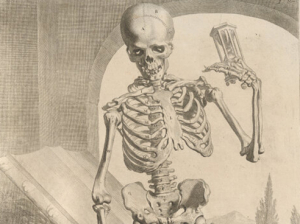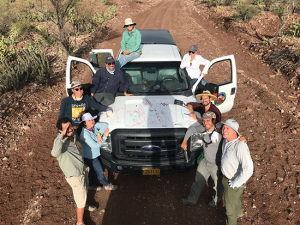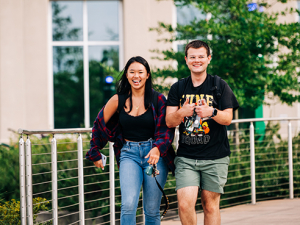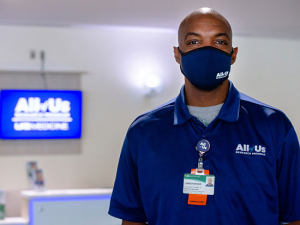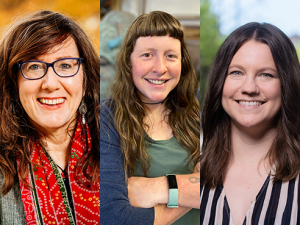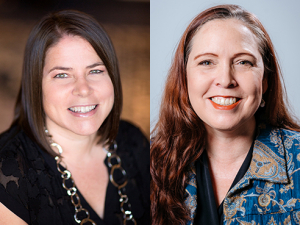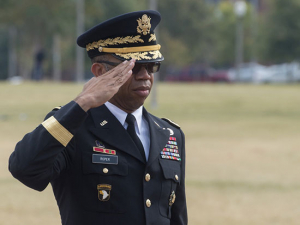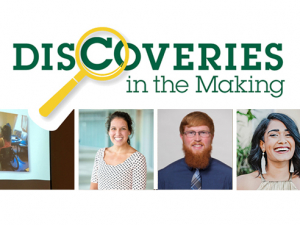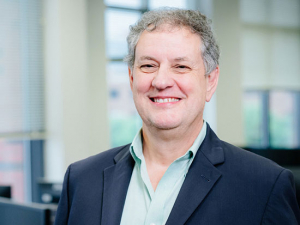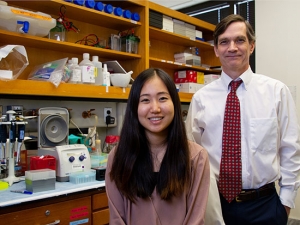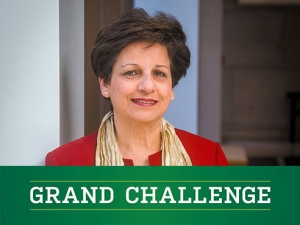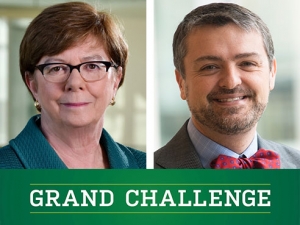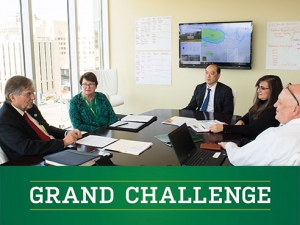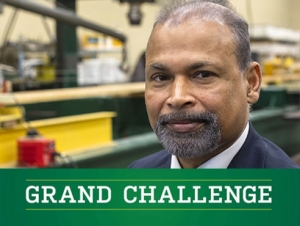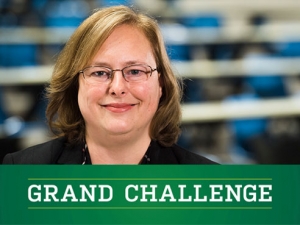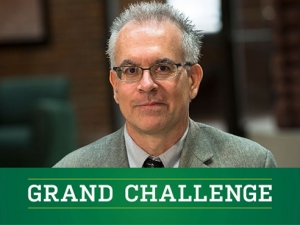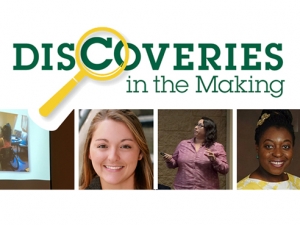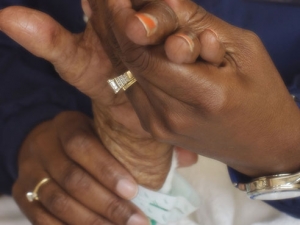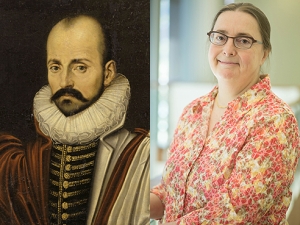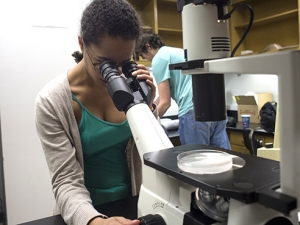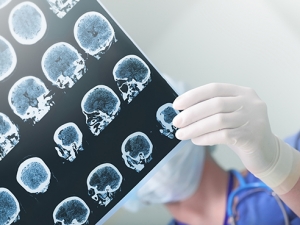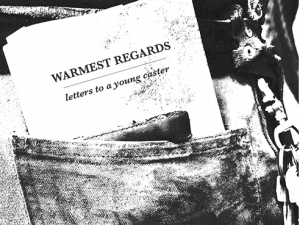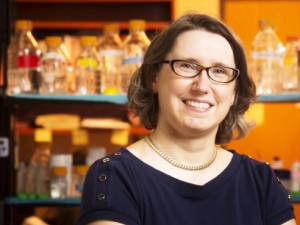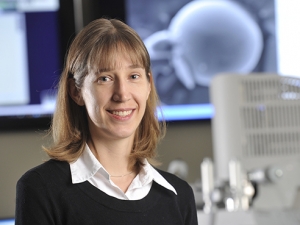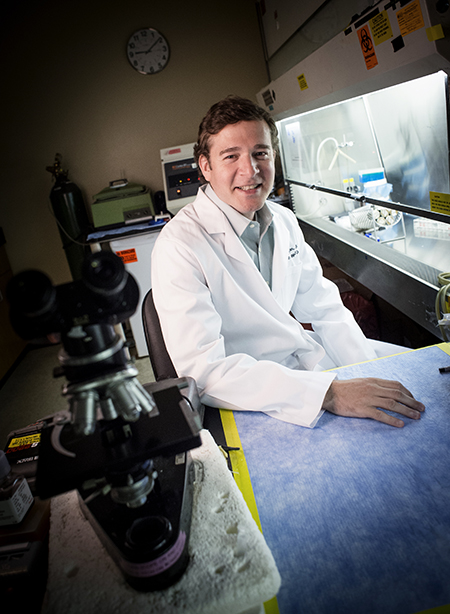 At the end of his first year of medical school, Gregory Friedman, M.D., decided to volunteer at a camp for children with cancer. He didn’t know that decision would help shape the focus of his research and career.
At the end of his first year of medical school, Gregory Friedman, M.D., decided to volunteer at a camp for children with cancer. He didn’t know that decision would help shape the focus of his research and career.
“The children’s energy and enthusiasm despite the adversity of their illnesses inspired me to become a pediatric oncologist,” said Dr. Friedman, who cares for pediatric cancer patients at The Alabama Center for Childhood Cancer and Blood Disorders. The center, a partnership between UAB, Children’s of Alabama and the UAB Comprehensive Cancer Center, is home to the state’s only pediatric programs in pediatric neuro-oncology and developmental cancer therapeutics.
The most common pediatric brain tumor is medulloblastoma, which is located in an area in the back of the brain called the cerebellum, and approximately 25 percent of children with malignant brain cancer do not survive, Friedman said.
“Overall, outcomes for children with brain cancer are better than adults; however, the side-effects are significant for children,” Friedman said. “We need to improve outcomes for children with brain cancer, and we also need to decrease toxicities from our therapies.”
His research seeks to improve on current therapies for brain tumors — such as surgery, chemotherapy and radiation — that can damage a child’s developing brain and cause long-term injury and hormone dysfunction.
“Novel, targeted and less toxic therapeutic approaches are desperately needed for these children,” Friedman said. “I’ve chosen to focus on engineered herpes simplex virotherapy because I believe it can help children with incurable brain tumors and may be beneficial as an added therapy for curable tumors, by allowing for lower doses and less toxicity from traditional therapies.”
Friedman, an associate scientist with the UAB Comprehensive Cancer Center, is working to translate his virotherapy approach from the lab to the clinic. He and his team are exploring ways cancer cells may resist the virus so that they can circumvent those mechanisms and also researching new methods of delivering the virus to the tumor.
One primary obstacle, Friedman said, is that childhood cancer receives only 4 percent of U.S. federal funding for cancer research.
Since Friedman joined UAB in 2008 as an assistant professor of pediatrics, he has received more than $650,000 in grant support. He recently received $40,000 from the Rally Foundation for Childhood Cancer Research in addition to earlier support from the St. Baldrick’s Foundation and Hyundai Hope on Wheels.
“All three have provided the critical funding and support necessary for me to conduct research on engineered herpes simplex virotherapy to target pediatric brain tumors,” Friedman said.
“Private foundations have stepped in to help, but more funding is still needed,” Friedman said. “There are a lot of great ideas that are not getting funded, and therefore it is critical to invest in childhood brain cancer research.”
Friedman credits the leadership of his mentor Yancey Gillespie, Ph.D., professor of surgery, with his success in attracting grant support.
“Besides mentorship, it takes a strong commitment and belief in what you are doing and perseverance,” Friedman said. “Most applications are not funded, so you have to be willing to keep submitting applications and to accept constructive criticism in order to improve applications for future submissions.”
The Alabama Center for Childhood Cancer and Blood Disorders is the state’s only comprehensive center for pediatric cancer and other blood disorders, treating 90 percent of all patients so diagnosed in Alabama. It is home to the state’s only pediatric programs in blood and marrow transplantation, childhood cancer survivorship, developmental cancer therapeutics, pediatric neuro-oncology, pediatric hemophilia and sickle cell disease.
